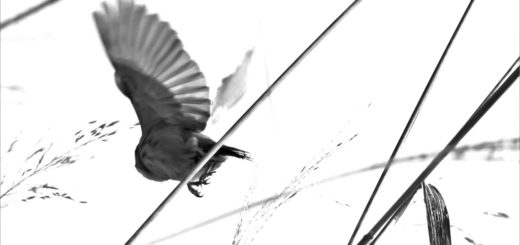Democracy In Essence
If democracy, in its essence, is reducible to the principle of one man, one vote, which is to say if, in its purest, most unadulterated instantiations, democracy amounts to some form of simple majority rule, then there is almost no limit to the horrors that might be perpetrated and perpetuated under the auspices of democratic self-government. Furthermore, the special danger of such democratic horrors is that unlike those carried out by one tyrannical man, or a ruling committee — which can easily be recognized by most men as unjust, because they were excluded from the decision-making process — these democratic atrocities, being the product, however gradual, of free and equal electoral processes, will necessarily seem to most men to respond to the general will, and may even truly do so.
For there is little that a majority of men cannot be cajoled into believing and choosing, if only one is able to persuade them that in so believing, and by so choosing, they are securing some advantage, comfort, or safety for themselves. And there are few things which most men, having once made a choice — that is, having publicly committed themselves to a course of action — will not stubbornly cling to out of simple ego-protection, vanity, and fear of shame. But human nature will not allow us to cling to what we acknowledge to have been an error. Instead, the means and outcomes, however outrageous and corrupt, will, once chosen, furnish and foster their own emotional justifications and convenient rationalizations in the soul. Hence, the democratic decision, however inhuman and irrational, will almost always be normalized, not only institutionally but psychologically, by the majority that supported it, a condition that is almost certain to last until enough time has passed, and enough of the nightmare of oppression played out, that a new majority is able to admit the error and seek to correct it by despising its elders — and then, in all likelihood, repeating the cycle in a new guise. The tyranny of the majority revolves like a multi-colored sphere, ever fresh in appearance, but only in appearance.
The benign or anodyne image of democracy — which is to say the way democrats wish to represent themselves to themselves — has always been the “admittedly imperfect but essentially fair” show of hands. But the most objective emblem or microcosm of pure democracy, which is to say of majority rule, may rather be the lynch mob. And this is no less true merely because, over generations, the identity of the majority holding the pitchforks and the minority hanging from the trees may happen to alternate occasionally.
To grasp this, however — and thus perhaps to take active steps to thwart the danger by limiting the power of democratic majorities — one must already have granted the possibility of questioning democracy itself, which is what the majority within a democracy can never do, for reasons of psychological self-protection.


